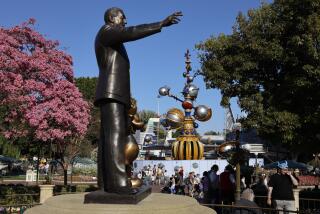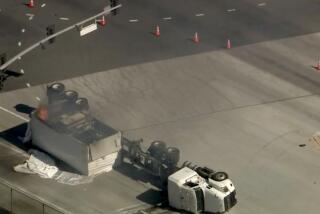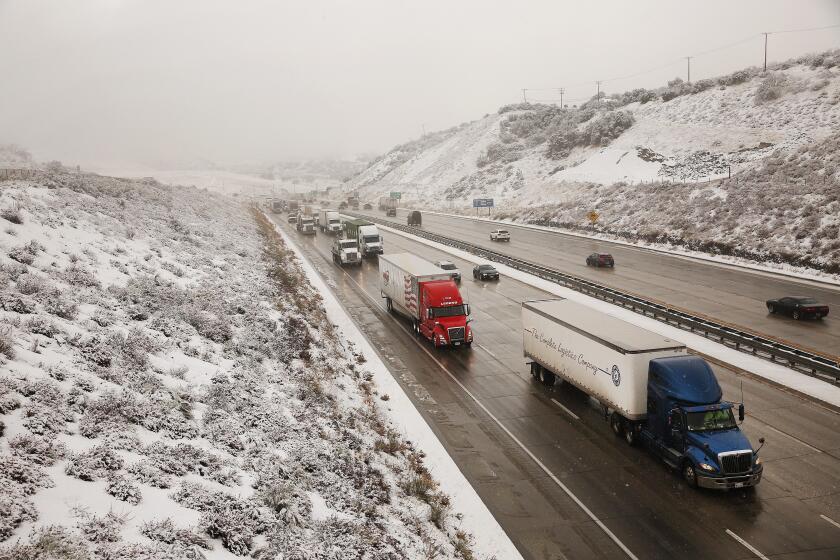Sprawl Tied to Higher Transportation Costs
Drawing a connection between urban sprawl and high transportation costs, a study released Tuesday suggests that families living in spread-out metropolitan areas with weak public transit networks spend more of their household budgets on transportation than people in denser regions.
People in Tampa, Fla.; Phoenix; Dallas-Fort Worth and San Diego, in that order, spent the highest portion of their household incomes on transportation, according to the report by the Surface Transportation Policy Project, a Washington, D.C.-based group that promotes transportation alternatives.
Across the nation, such costs now eat up a greater share of families’ incomes than ever, taking nearly 20 cents of every dollar earned by the average household and 40 cents of every dollar earned by the poor, according to the study, which analyzed 28 metropolitan areas nationwide.
The findings show a need for policymakers to “look more intently
The release of the report was timed to draw attention to congressional debates over a federal transportation bill that will provide highway and transit funding over the next six years.
Transportation costs have been taking an increasingly large bite out of family budgets, from 14% in 1960 to 19.3% today -- or $7,633 a year for the average household, according to the report, which analyzed 2001 data from the Bureau of Labor Statistics.
San Diego ranked the highest among California’s big cities. The average San Diego family spent $9,161 a year, or 20.8% of its household budget, on transportation.
Garry Bonelli, spokesman for the San Diego Assn. of Governments, said his region’s high costs aren’t surprising. “We’re still sprawling.... We don’t have that many good public transportation choices,” said Bonelli, who added that his association recently adopted a $42-billion, 27-year plan to increase public transit and build more carpool lanes.
The five-county Los Angeles metropolitan area came in 16th nationally, with the average family spending $8,104 a year, or 17.9% of expenditures.
Ranked last is the densely populated, transit-friendly New York City metropolitan area, where the average family spent $7,295 or 15.1% of its household budget on transportation.
Overall, the cost of buying a car accounted for about half of an average family’s transportation spending, while gas, insurance, maintenance, vehicle license fees and finance charges made up most of the rest, the study found. Spending on transit amounted to 1.6%.
Some experts took issue with the report’s suggestion that the financial burdens of car ownership can make it more difficult for poor families to afford to buy a house, and that better public transportation is the solution.
“Cars are good for poor people,” said Evelyn Blumenberg, assistant professor of urban planning at UCLA’s School of Public Policy and Social Research. “For low-income adults, a number of studies show that access to automobiles increases the rates of employment. Cars provide greater convenience and shorter commute times.”
More to Read
Sign up for Essential California
The most important California stories and recommendations in your inbox every morning.
You may occasionally receive promotional content from the Los Angeles Times.










